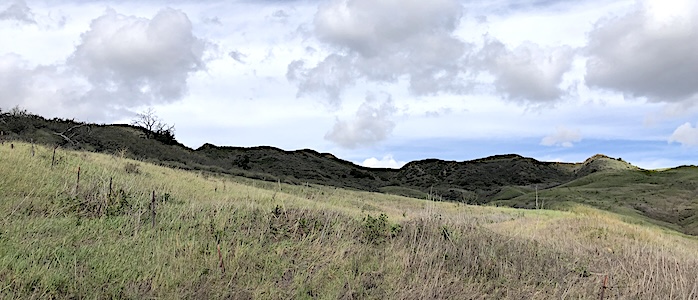
Over the next few weeks I am visiting west and southwest US reserves, ceded, and unceded landscapes. The western viewscape easily holds my attention for hours. Yet, while driving, I am bound to turn to the radio.
A couple hours south of the Paskentia landscape I listened to Martin Kaste, of NPR, doing a piece on Tribal courts inability to prosecute non-Native drug suspects. Nothing new here. State and Federal systems have long held Tribal nations as less than equal. They’ve also done a good job of convincing non-Native people to hold that notion as true.
A few years ago I sat with reservation folk, a county sheriff deputy, a county court judge, and local non-Native people to change prosecution authority concerning Missing and Murdered Indigenous Women (Persons). I like to think the group, along with hundreds of others, led to the passage of Savanna’s Act in 2020. Not only improving the federal response to missing or murdered indigenous persons but bettering coordination between Federal, State, Tribal, and local law enforcement.
Yet, here we are in 2024 and Tribal nations cannot prosecute non-Natives for doing bad stuff within their national borders. Think about what that means within reservations like mine. At home, two-thirds of all people living and working on the reservation are non-Native. Would you be surprised that most crimes committed on the reservation are committed by non-Natives? Would you be surprised many criminals are taking advantage of an obstructed legal system?
Meredith Drent, chief judge of the Tulalip Tribes Court, makes a point in Kaste’s report, saying, “When I go to Colorado, I may not know their laws but I know that I’m going to have to follow them, and they can prosecute me if I don’t.” Fair point. As I travel through Oregon or Arizona or Texas I know I have to obey the local laws. Yet, how many of us, including myself, give much thought to the legal system of the Gila River Pima or San Carlos Apache?
If we are honest with ourselves, mustn’t we consider the existing Federal/State/Tribal legal network an ongoing example of US colonization due to the Doctrine of Discovery? And should we not be honest this long history of othering and dismissing has developed our (non-Native and Native alike) entrenched distrust, bias, and prejudice concerning Tribal nations? I find this questioning critical to the wellbeing of the land and the people. For until we trust our siblings we have lost honor.